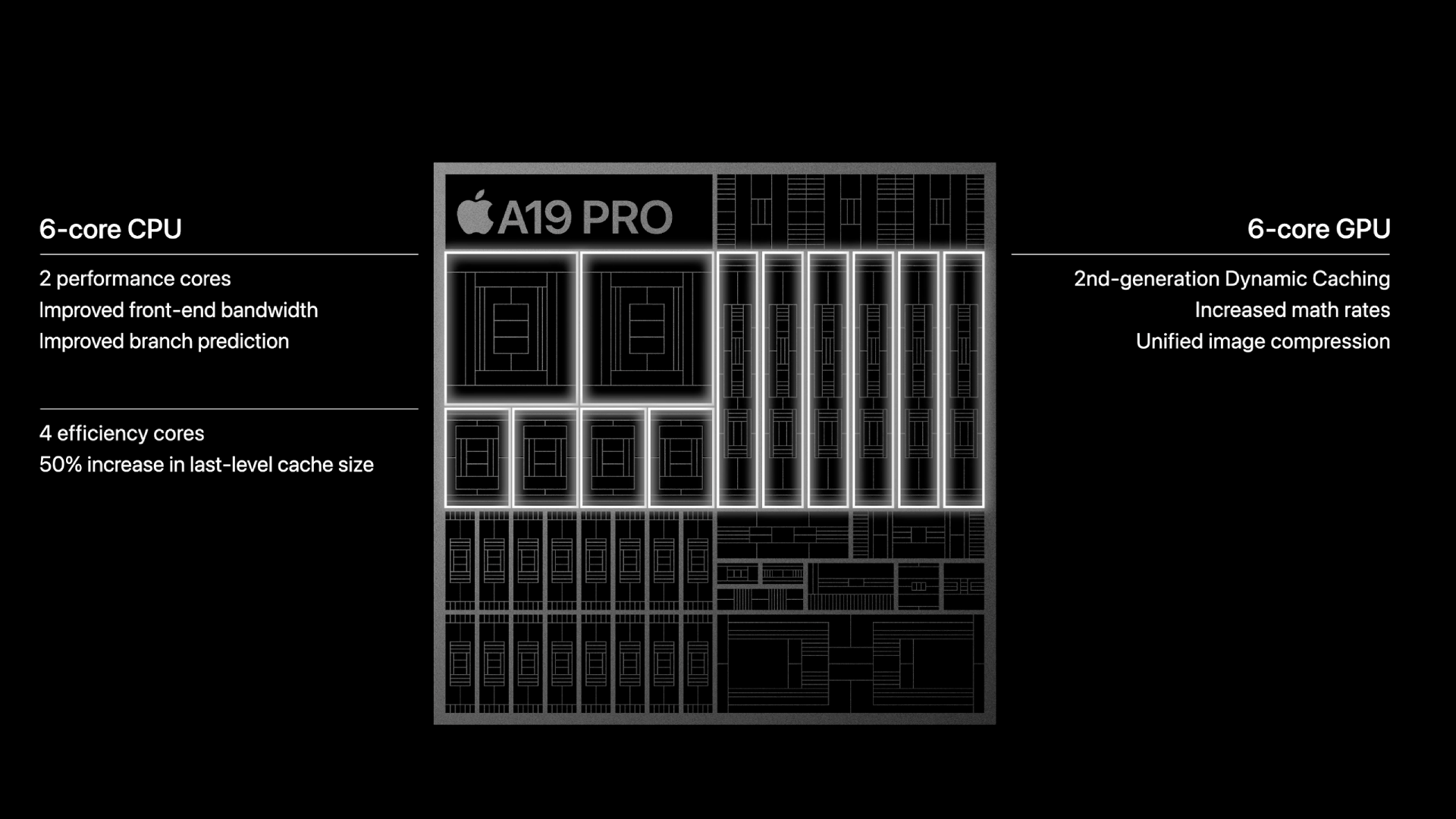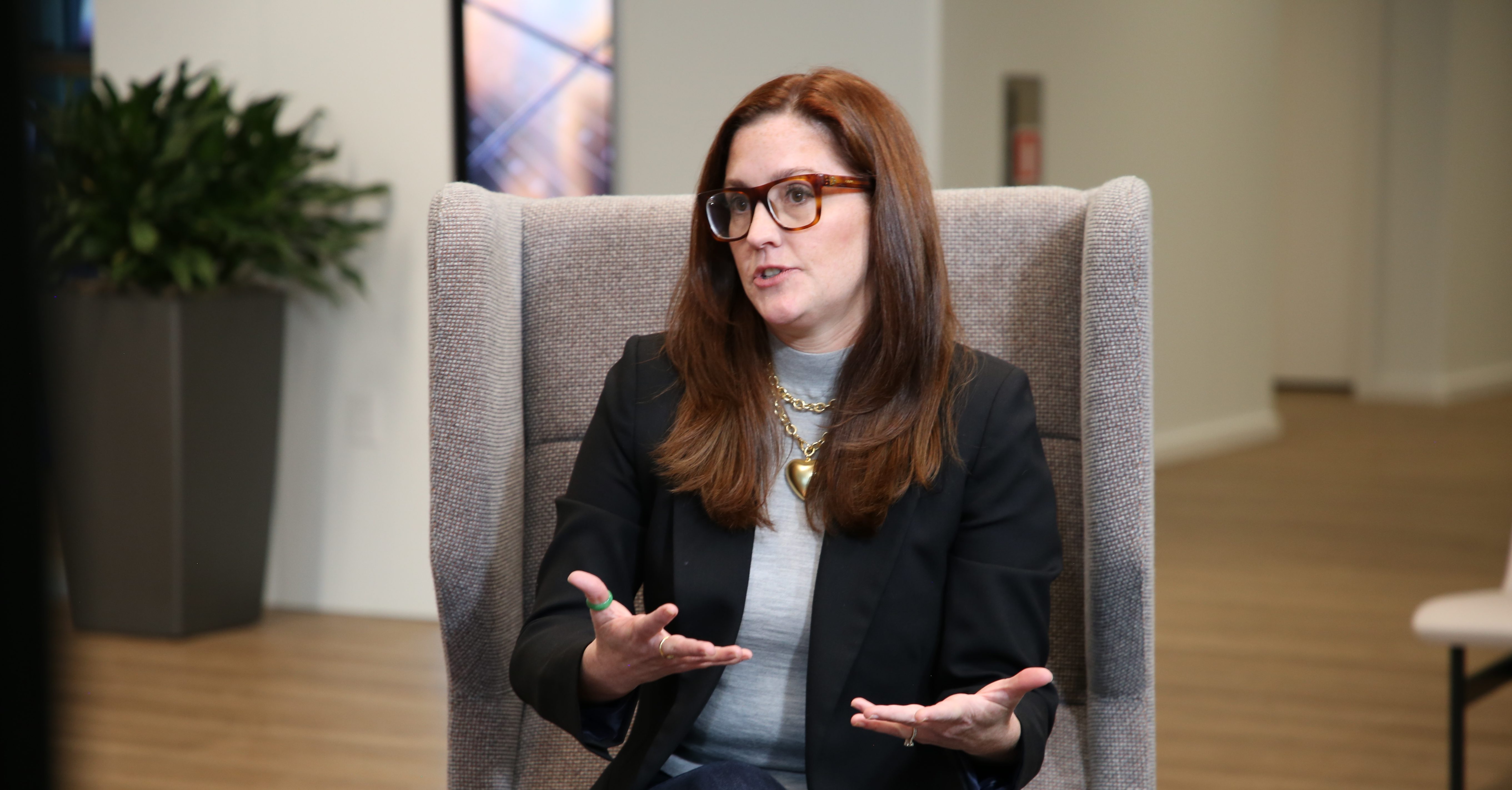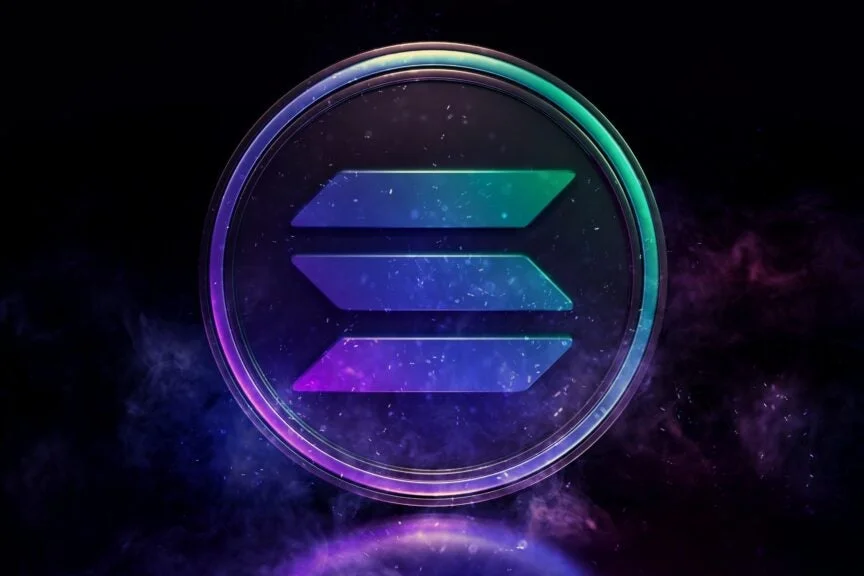
Patient investors with a long-term horizon can look at the rapidly growing quantum computing market for opportunities, according to Bank of America. Quantum computing stocks have been a volatile play this year amid concerns that the risky technology is still in its infancy, while the stocks may have risen too far, too fast and sport high valuations. Still, Wall Street is bullish on the field long term, given its potential advancements across industries — from pharmaceuticals to finance to security — and for the potential to deliver outsized returns once commercialization ramps up. Bank of America forecasts the quantum computing market will be worth about $4 billion by 2030, up from an estimated $300 million in 2024. “While the promise of quantum computing is real, there are technological impediments to scaling that are currently being worked on,” analysts led by Wamsi Mohan wrote in a 50-page report to clients on Thursday. “We assume increasing penetration and relatively stable pricing in early days of adoption. Once this technology is proven at scale and more standardized, we could see a meaningful inflection higher in revenues.” Pay as you go Mohan said he views quantum computing as an “on-demand infrastructure that will be available to customers on a ‘pay as you go’ consumption basis” as the technology becomes more common. The analyst highlighted “notable” pure-play quantum computing companies and Big Tech giants that are honing in on aspects of the field, from developing platforms to build and run quantum algorithms to developing quantum computing hardware. Business models are also being built around providing cloud access for quantum computing hardware, correcting quantum errors and developing new algorithms. The larger tech companies working on quantum models include IBM , Alphabet , Nvidia and Microsoft , Wamsi said. Pure-play, public companies in the field are D-Wave Quantum , Rigetti Computing , IonQ and Quantum Computing — none of which are covered by BofA. “Today, there are six primary modalities that quantum computing companies utilize to scale towards universal, full-scale, fault tolerant computing,” Mohan wrote. “The six modalities are as follows: superconducting, trapped-ion, photonic, neutral-atom, topological and spin. Each modality has its own pros and cons given the difference in scientific nature of each computation methodology. Furthermore, across current [quantum computing] companies and their corresponding modalities, technology maturity and utilization rate by customers varies.” Wamsi mentioned IBM as one noteworthy quantum player. “IBM is one of the longest-standing players in quantum computing and a pioneer in the space, with a focus on superconducting qubits and a cloud-first strategy,” the analyst said in the note, calling out its IBM Quantum platform that has successfully made quantum hardware and software tools available for public and business use. IBM Quantum is “on a clear road” to deliver its large-scale quantum computer, Starling, the first capable of operating without errors, Mohan said. IBM shares have gained 28% year to date. The consensus price target among analysts, however, suggests nearly 3% downside over the next 12 months, according to LSEG. Alphabet, the owner of Google, joined the ranks of $3 trillion companies earlier this month. Wamsi highlighted the company’s quantum computing division, Quantum AI, that works on both hardware and software for large-scale, error-corrected quantum computers. Breakthrough Willow chip Google last December unveiled a breakthrough quantum computing chip called Willow, saying it could reduce errors “exponentially” as the company scaled more qubits , the fundamental units of information in quantum computing. Google said the Willow chip “cracks a key challenge in quantum error correction that the field has pursued for almost 30 years.” Alphabet shares have soared 44% in the past three months, more than any of its Magnificent 7 peers, after several positive catalysts , including a favorable legal judgment. GOOGL 1Y mountain Google stock performance over the past year. IonQ is considered the first “pure-play” quantum computing stock to go public. Shares of the company are up 66% this year in midday trading Thursday, and have climbed 80% in the past month alone, th alone, reaching an all-time high on Tuesday after announcing that it achieved a “significant quantum internet milestone.” IonQ said it was the first to successfully demonstrate the ability to convert visible wavelengths used to interface with trapped barium ions into telecom wavelengths on a prototype system. “IonQ aims to scale qubit count by increasing trapped ions and building modular units that can be optically linked to form larger distributed processors. IonQ looks towards capturing commercial advantage by fulfilling performance and scale,” Wamsi said. Shares in two other pure-play quantum computing providers, D-Wave and Rigetti, have more than doubled in 2025.



